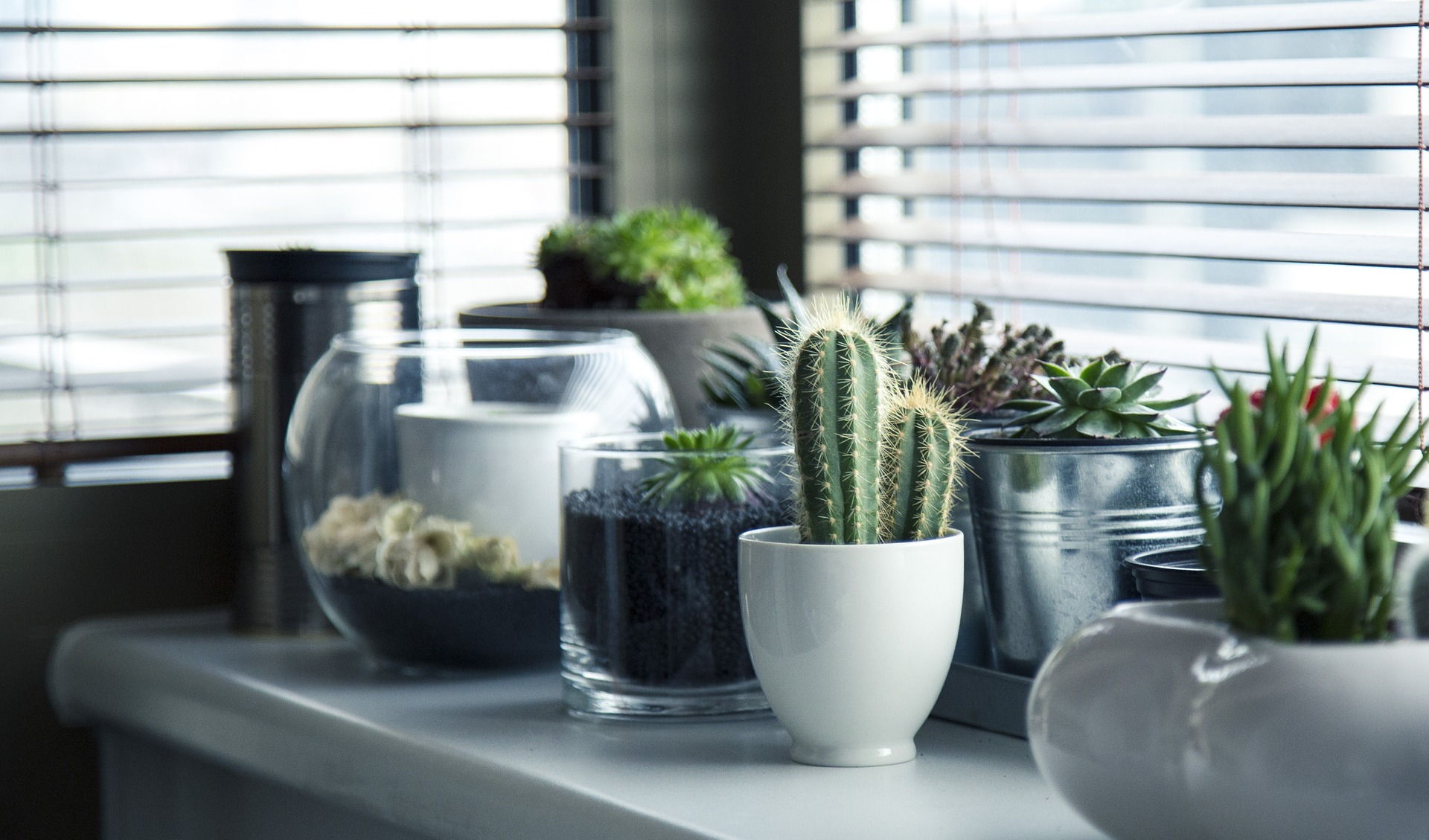Feeling a little stressed out? Who isn’t!
How stressed out are we? The American Psychological Association (APA) has been measuring American stress levels for ten years now. Surprise, surprise:
According to a 2017 study by the APA, more Americans report stress affecting them. But most also admit they are not taking enough active measures to combat the effects of stress in their daily lives. Half the country’s employees say they feel stress in their jobs the majority of the work week (three days or more). More than half of the nation’s workers report stress in their jobs three or more days a week.
My stepfather, Raymond Fowler, is the former leader of the APA, serving in various roles including CEO for many years. From the time he retired in 2003 until he passed away in 2015, he explored the fields of Positive Psychology and healthy aging. Ray had a passion for fitness and well-being of mind and body. He would not be surprised by this recent study; he would be exploring methods for combating this stress.
[As an aside, my mom Sandra is headed to the annual APA conference in San Francisco next week. She still attends as she is across-cultural psychologist with a long history of involvement in APA. She’s looking forward to seeing Ray’s former colleagues.]
Do you follow the news? You’re in the most trouble of all. A recent Pew Research poll found that nearly seven in 10 Americans are worn out by the daily news cycle. Social media also negatively affects people who are always connected. More than two in five constant checkers (42 percent) say that political and cultural discussions on social media cause them stress.
Almost two-thirds of Americans (65 percent) somewhat or strongly agree it’s important for their mental health to “unplug” or take a “digital detox.” But only 28 percent of them actually do.

You don’t have to create the Butchart Gardens in Victoria, British Colombia to get the full benefits of gardening. Photo: Photoman/Creative Commons License
Taking a digital detox is one of the best things we can do for ourselves. I know a way to turbo charge your digital detox and make it even more effective at relieving stress: Do some gardening during your detox down time.
You don’t have to believe me. Believe science. There are several studies proving that gardening reduces stress. In a 2010 study in the Journal of Health Psychology, the stress-relieving effects of gardening were tested in a field experiment. People were asked to perform a stressful task. Then they were randomly assigned to 30 minutes of outdoor gardening or indoor reading. By testing stress hormone levels (cortisol) and measuring moods with a survey, both activities reduced stress but gardening reduced FAR more stress. Gardeners were fully restored to a positive mood. These findings provide the first experimental evidence that gardening can promote relief from acute stress.
A follow up study by Harvard University backs me up. It proved women who lived near green areas like parks and community gardens lived longer and had lower levels of depression. These women ages 45 to 89 were studied in England for ten years. This is especially important because the world’s population is aging rapidly.
And how about this: when mice were exposed to a soil-based bacterium, production increases of the mood-brightening hormone serotonin. How about that! If this works the same in human beings, it means the effects of inhaling, handling, or even ingesting this bacterium might last up to three weeks.
Have you ever watched kids playing in the dirt? They love it! Kids love getting dirty and it might be all about improving their mood through contact with soil bacterium.
Many people find gardening to be as restful as meditation. Time passes without us even noticing when you are focused on watering, feeding, planting, digging, weeding. Haven’t you ever gotten a sunburn from working in your garden outside because you spent a lot more time in the sun than you intended? Next thing you realize, you’re looking for the bottle of Aloe Vera.

Even a few plants on your office desk can have a positive impact on your stress levels and health. Photo: Pixabay/MiliVanily – Creative Commons License
We can’t be outside as much as we like. Most of us need to be at work long stretches. The next best thing is making sure there are plants in your daily environment. You might not be the one taking care of them, but even a single plant on your desk that needs watering and a trim now and then can be a good substitute.
More adults are beginning to grasp the connection between stress and their physical and mental health. One-third in the APA study say stress has a strong impact on their mind and body. They report feeling nervous or anxious (42 percent), feeling depressed (37 percent) and constantly worrying (33 percent). The result: we take it out on other people. Thirty seven percent of people in the study admit getting irritated or angry due to stress.
We’re ending up with headaches and anxiety. People report yelling at loved ones, ignoring their responsibilities, and cancelling social plans.
It’s worse for the younger generations. These populations have reported higher average stress levels and been more likely than older generations to say that their stress has increased in the last year. Forty five percent of millennials report significant stress, versus 25 percent of Baby Boomers. Adults with disabilities and LGBT adults also report higher average stress levels.

Do what you can to get your kids outside and avoid making them part of the Indoor Generation. Photo: Pixabay/Creative Commons License
I don’t have a study for this, but we do know we are raising kids who now spend nearly 90 percent of their lives indoors. They’re being called the Indoor Generation. I recently wrote a blog post on this and many of you commented on our social media about it. More time indoors = more stress. It’s not hard to connect the dots. More time outdoors = less stress. And we might be able to increase serotonin for a natural mood brightener by digging in the dirt.
So why are you still reading this? Start making plans with some plants, pots, a shovel, and a watering can as soon as possible.
And please call upon Good Earth Plant Company if we can help you reduce your stress by adding plants to your environment, and making sure you have happy, healthy plants. Email me at jim@goodearthplants.com

